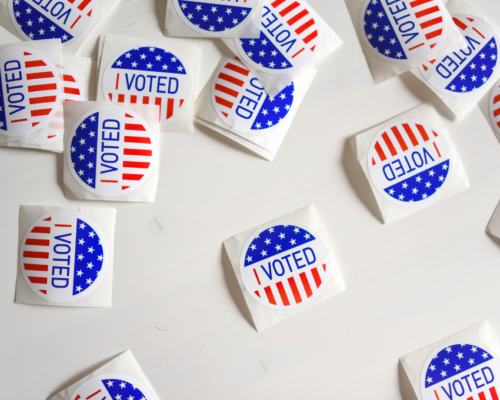One of your greatest assets is your ability to earn. However, that asset can come with substantial debt and stress if student loans are necessary to pay for higher education. With widespread job loss and financial hardship due to COVID19, many Americans breathed a sigh of relief that the Coronavirus Aid, Relief, and Economic Security (CARES) Act included a grace period – or ‘forbearance’ – for making payments on federal student loans. Here are four things you need to know about deferring until Sept. 30, 2020.
It doesn’t apply to all loan types. The ability to suspend payments only applies to loans held by the federal government – Direct Loans, Federal Family Education Loans, Federal Perkins Loans, or defaulted HEAL loans if owned by the U.S. Department of Education. The grace period under the CARES Act does NOT apply to private loans owned by commercial lenders or the institution you attended. For deferments on other loan types, check with your lender or banking institution for new flexibility related to COVID19.
It won’t accrue interest or affect your credit score. When you suspend payments on federal student loans, you won’t accrue interest through Sept. 30. However, you will have to make up the payments after that date. And because the U.S. Department of Education owns the loans, deferred payments will be reported to credit agencies like TransUnion, Experian, and Equifax, and therefore, not negatively impact your credit score.
It’s automatic. Payments on federally held student loans, including those set up on auto-withdrawal, will automatically stop between March 13 and Sept. 30, 2020. If you made a payment during this timeframe, you can request a refund from your loan servicer. If you prefer not to suspend payments through the administrative forbearance, you’ll need to contact your loan servicer to opt out.
It presents an opportunity to get ahead. If you’re one of the lucky folks not financially impacted by COVID19 and can responsibly continue making student loan payments, do it. It’s always wise to pay off debt as quickly as possible, and during this interest-free window your regular payments will go further toward paying down the loan principal. You might consider using that economic impact check you received to pay off loans even faster.
Education is a significant expense, which is why we take it into account when designing clients’ financial plans. Even with tax-advantaged investment vehicles like 529 savings accounts, many households must take debt for student loans. The CARES Act affords some rare flexibility, but it’s always best to talk over options for your unique situation with a financial professional.
Blog by Stephen O’Neill, Senior Wealth Advisor.
Category: Financial Service Team




